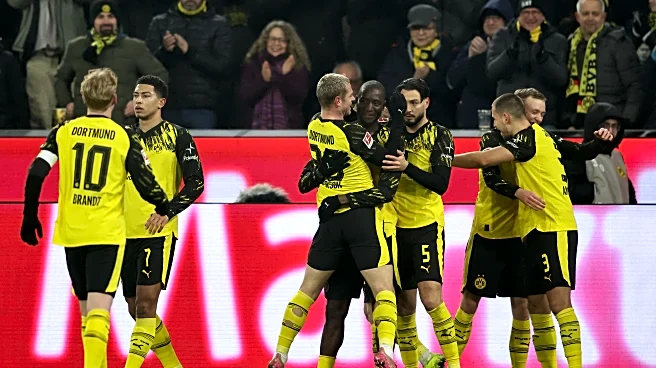Rapid Read • 8 min read
North Korean leader Kim Jong Un and Russian President Vladimir Putin are set to attend a massive military parade in Beijing, as announced by the Chinese Foreign Ministry. The parade, scheduled for September 3 in Tiananmen Square, marks the 80th anniversary of the end of World War II following Japan's surrender. This event will feature more than 10,000 troops, over 100 aircraft, and hundreds of pieces of ground equipment, showcasing China's military advancements. Kim's attendance is notable as it marks his first visit to China since 2019, and follows his recent meeting with Putin in Russia. The parade is seen as a demonstration of unity among the leaders, amidst heightened geopolitical tensions.
AD
The attendance of Kim Jong Un and Vladimir Putin at the parade signifies a strengthening alliance between North Korea, Russia, and China, which could impact global geopolitical dynamics. This event highlights China's growing military power and its assertive stance in regional disputes, particularly concerning Taiwan. The absence of Western leaders underscores the shifting alliances and the potential for an alternative world order led by Xi Jinping and Putin. The parade also reflects China's role as a key ally to North Korea, providing economic and political support amidst international sanctions.
The parade may lead to increased tensions between China and Western nations, particularly the United States, as it showcases military capabilities and alliances that challenge Western influence. The event could prompt further diplomatic discussions or actions from Western countries to counterbalance the growing influence of China, Russia, and North Korea. Additionally, the parade might influence regional stability in East Asia, as China continues to assert its power and influence.
The parade highlights the complex geopolitical landscape in East Asia, where historical ties and modern alliances intersect. The event may also raise ethical questions about military displays and their role in international diplomacy. The strengthening of ties between North Korea, Russia, and China could lead to long-term shifts in global power dynamics, affecting international relations and security policies.
AD
More Stories You Might Enjoy











